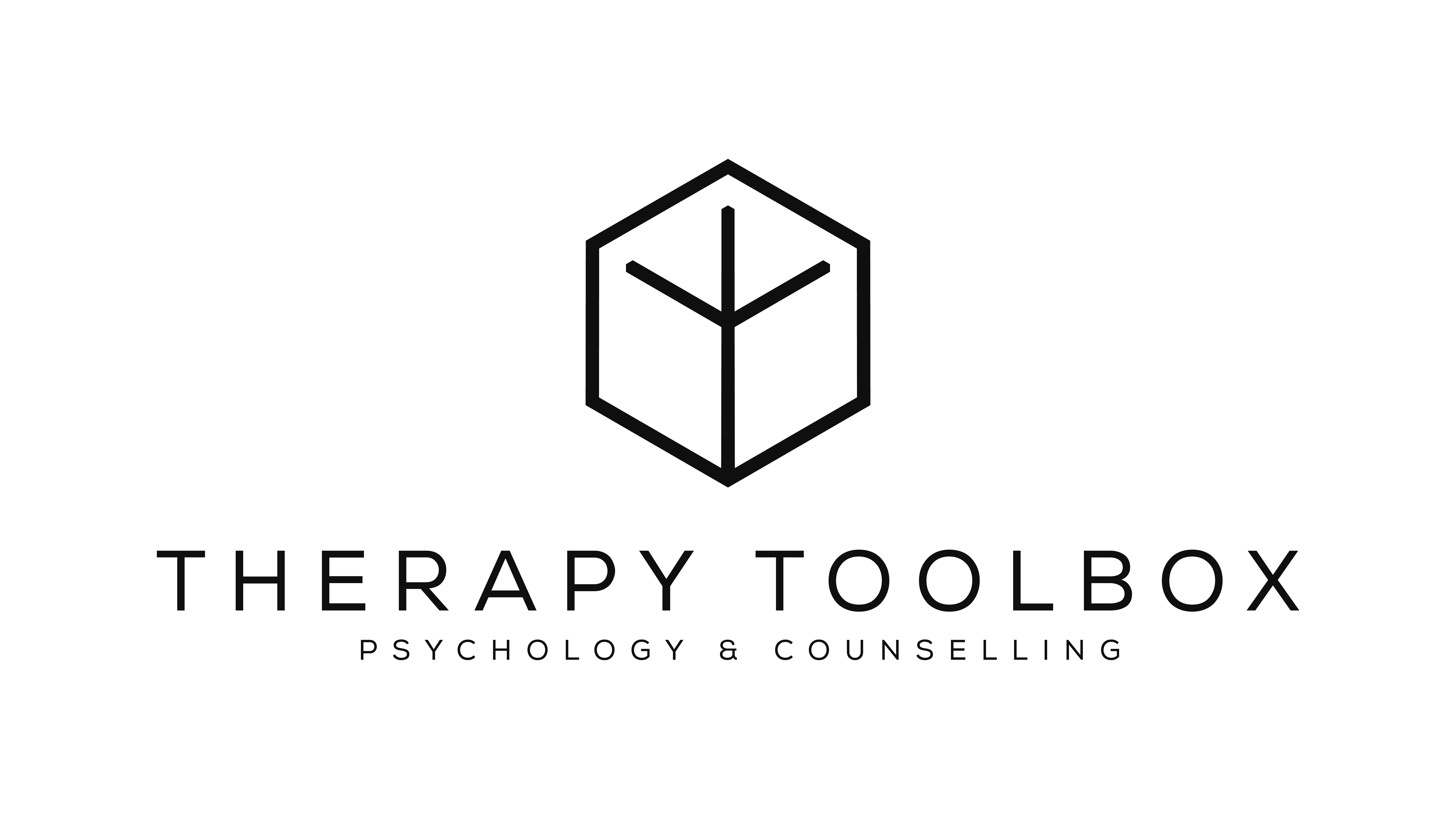Understanding the effects of childhood trauma on adult relationships is vital in order to foster healthy connections. Childhood trauma can leave lasting imprints on an individual’s mental and emotional well-being, which can manifest in various ways throughout their adult life. One significant repercussion of childhood trauma is the development of Retroactive Jealousy within adult relationships.
Retroactive jealousy refers to obsessive thoughts and jealousy regarding a partner’s past relationships or encounters. It encompasses feelings of insecurity, fear, and inadequacy stemming from one’s partner’s past experiences. This intense preoccupation with the past can significantly strain the present relationship and hinder personal growth.
Childhood trauma plays a crucial role in triggering retroactive jealousy. Traumatic experiences during childhood, such as abusive or neglectful relationships or witnessing unhealthy dynamics between caregivers, can create deep-rooted insecurities within individuals. These insecurities may manifest in adulthood as an overwhelming desire for reassurance, leading to obsessive thoughts about their partner’s past.
Individuals with a history of childhood trauma often struggle with feelings of worthlessness and fear of abandonment. They may question their own desirability and constantly compare themselves to their partner’s past partners, leading to feelings of jealousy and inadequacy. The fear of being rejected or not measuring up to their partner’s previous experiences can cause significant distress and strain the relationship.
Moreover, childhood trauma can also result in difficulty in establishing trust and intimacy within adult relationships. Trust issues are commonly found in individuals who have experienced trauma during childhood. Traumatic events can cause them to develop a heightened sense of fear or skepticism towards others, making it harder for them to feel secure in their relationships. This lack of trust can intensify retroactive jealousy, as individuals may find it challenging to believe their partner’s reassurances about their commitment and love.
Understanding the effects of childhood trauma on retroactive jealousy is crucial for both individuals and their partners to navigate these challenges effectively. For individuals with a history of childhood trauma, seeking therapy can be immensely beneficial. Therapists can help individuals work through their past traumas, manage their emotions, and develop healthier coping mechanisms that reduce the intensity of retroactive jealousy.
Partners can also play a vital role in supporting their loved ones. Patience, empathy, and open communication are key. Partners should strive to create a safe and non-judgmental environment where individuals can express their fears and insecurities. By openly discussing their past experiences, partners can foster understanding, build trust, and help mitigate retroactive jealousy.
In conclusion, childhood trauma can have profound effects on adult relationships. Retroactive jealousy is a common manifestation of childhood trauma, causing individuals to obsessively dwell on their partner’s past. By understanding the origins and consequences of retroactive jealousy, individuals and their partners can work together to build healthier relationships based on trust, empathy, and open communication. Seeking therapy and offering support are vital steps in overcoming the challenges caused by childhood trauma in adult relationships.
Publisher Details:
Therapy Toolbox Psychology and Counselling
https://www.therapytoolbox.com.au/
Unlock your mind and unleash your potential with TherapyToolbox, the ultimate resource for transformative therapy techniques. Discover a diverse range of tools, exercises and strategies that will empower you to navigate your mental health journey in new and innovative ways. Explore a world of self-discovery and healing, right at your fingertips. Are you ready to open the door to a brighter tomorrow? Visit therapytoolbox.com.au and step into your path of personal growth and empowerment today.









